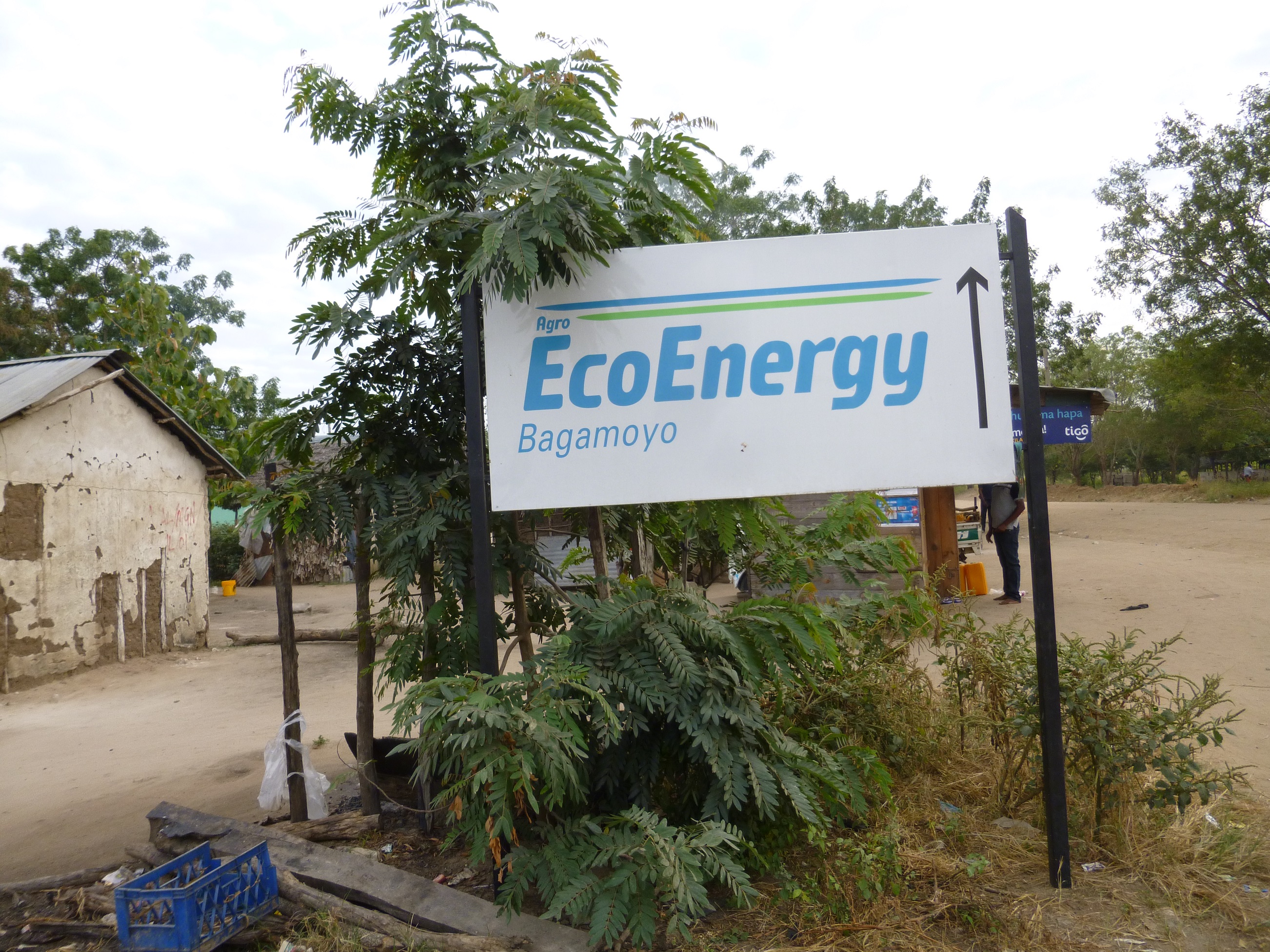Sub-Saharan Africa
Sub-Saharan Africa is not monolithic. While crises in the Sahel have attracted a great deal of attention, other regions also need to be monitored, and not just through the prism of security.
Related Subjects

Caught in the Web of Bureaucracy? How ‘Failed’ Land Deals Shape the State in Tanzania

After more than ten years of hectic debates on international ‘land grabs’, academic interest in collapsed land deals or projects with unexpected results is growing.
Is Africa's Recent Economic Growth Sustainable?
Hardly a week goes by without an African investors’ conference or growth summit.
A Victorious Anti-insurrection Strategy? The Insurrections of 2010 in the Jonglei State of South Sudan
On May 16 2010, a few weeks after its first elections, the government of the semi-autonomous province of South Sudan (GoSS) had to confront two rebellions in the Jonglei Province. South Sudan may appear unified behind the banner of the SPLM/A, but in fact it is nothing of the kind.
Consumption in an Uncertain Environment: The Paradox of the African Middle Classes
Three hundred million people belonging to the middle classes of Africa; three hundred million of potential consumers: an image of this kind is enough to make many an entrepreneur start dreaming. In fact, whereas for many years Afro-pessimism has dominated public opinion in the West, what seems to be the new trend in fashion, in both the media and economic circles, is now an exaggerated Afro-optimism.
The Recent Blossoming in Relations between China and Madagascar
The question of the Chinese presence in Madagascar is very accurate. It is an opportunity for us to portray the sino-madagarscan relations.
The Architect and Fragile States: Development Assistance's Contribution to Global Security
Up to Europe’s threshold in the middle of Sahara and Sahel region, a growing insecurity led beyond mere reconsideration of field practice to a whole change of paradigm for multilateral and bilateral aid institutions.

Beyond Racial Dynamics in the South African Political Space, The Constrained Ambition of the Democratic Alliance
Since 1994 and the first democratic elections, the ANC has been dominating the South African political scene, although this should not hide the existence of a sizeable opposition among political parties and civil society.
The Politics of Amnesty in the Niger Delta : Challenges Ahead
Armed groups, many affiliated to the Niger Delta-wide political organisation MEND, the Movement for the Emancipation of the Niger Delta, proliferated throughout the oil producing states, particularly from early 2006 onwards. In January 2006, MEND declared war on the oil industry pending the resolution of long term political grievances relating to poverty and underdevelopment, the poor regulation of an environmentally polluting oil industry, and the alienation of local people from rights to land and resources in the Niger Delta.
Involving ʺNeo-Urbansʺ in the Political Game: The Example of Senegal
A paper brought out last year treating the “Hunger Riots had made it possible, among other things, to point out the extreme difficulties encountered by the authorities in power when trying to control urban populations. Current demographic forecasts relating to sub-Saharan Africa all predict an extremely rapid increase in population and at the same time an even more dramatic rise in the size of urban populations.
Arabs and Tuaregs in Colonial and Malian Armed Forces: A Story in Trompe-l'Oeil
This contribution consists in analyzing the unifying or opposing relations between the central State-power and the southern part of central-Saharan populations, mainly Arabs and Tuaregs, within the relational framework of colonial and Malian armed forces. The French Colonial State and the Malian independent State (from the 1960 independence movement) are both considered by Arabs and Tuaregs as external entities, whatever the form of their relation, good or bad.
Tuaregs' Relations to States: The Case of Algeria and Libya
The industrial revolution underwent by Europe in the 18th century has triggered the need for the major colonial powers to find new markets for their manufactured products. It is in this colonial competitive framework that European explorers delivered information about the different access roads, as well as the Tuareg tribes, notably the Kel Ajjer and the Kel Ahaggar.
Support independent French research
Ifri, a foundation recognized as being of public utility, relies largely on private donors – companies and individuals – to guarantee its sustainability and intellectual independence. Through their funding, donors help maintain the Institute's position among the world's leading think tanks. By benefiting from an internationally recognized network and expertise, donors refine their understanding of geopolitical risk and its consequences on global politics and the economy. In 2024, Ifri will support more than 70 French and foreign companies and organizations.













